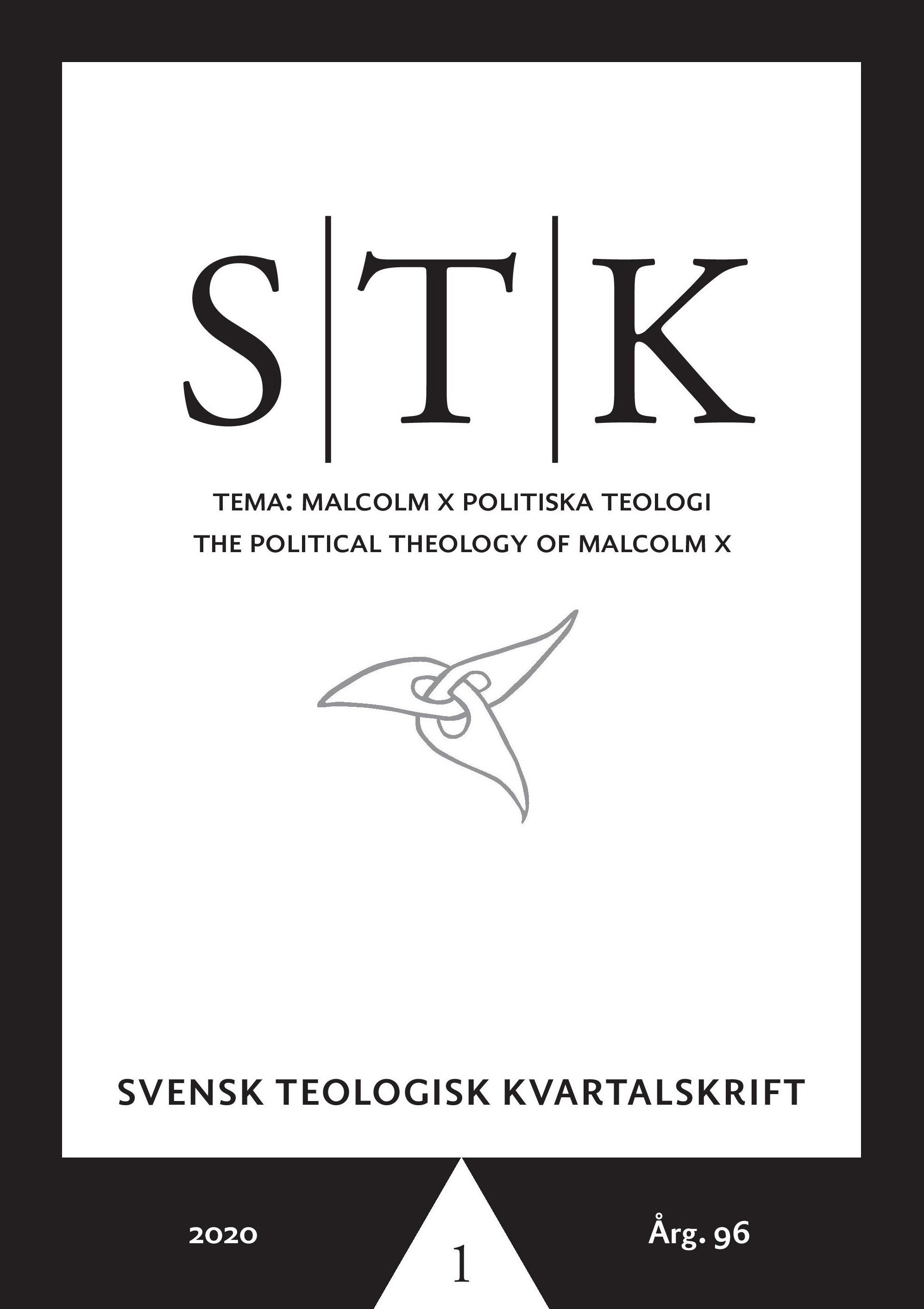The Political Theology of Malcolm X
Between Human Dignity and Returning the Gaze
Abstract
This article makes a limited attempt to explain a part of the reason why Malcolm X's radical activism for freedom, justice, and equality presumably resonates with a large number of disempowered people around the world today. The analysis presented herein is based on a modified understanding of political theology that captures some of the appeal of Malcolm X's message and his pursuit of human dignity. Two components of his political theology stick out as arguably the most relevant for a number of contemporary civil rights movements in a wide range of places around the world. One is the distinction between friends and enemies based on people's support for or opposition to a collective pursuit of human dignity, oftentimes expressed as human rights, religious freedoms, economic justice, and so on. The other component is the returning-the-gaze argument, which points towards Malcolm X's ability to articulate an unapologetic and empowering indictment of the majority society and its overbearing political, cultural, and economic power structures. This argument represents a moral and ethical effort to gain human dignity in a socio-political context perceivably premised on repression and inequality. The underlying political theological argument is thus found in Malcolm X's empowerment discourse. This discourse is today oftentimes decontextualized, which adds to its resonance among the global Muslim youth who seek inspiration for mobilization against apparent injustices beyond the traditional voices, and in a variety of socio-political, linguistic, and cultural contexts.
Downloads
Published
Issue
Section
License
Copyright (c) 2020 Emin Poljarevic

This work is licensed under a Creative Commons Attribution-NonCommercial-NoDerivatives 4.0 International License.


